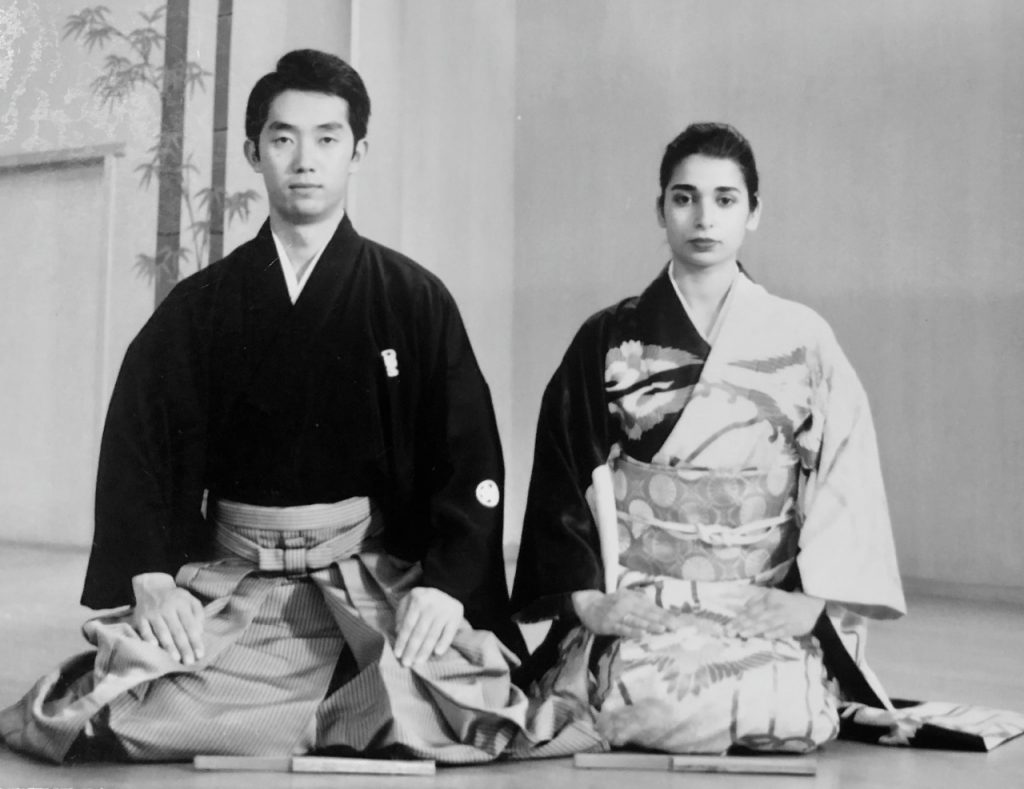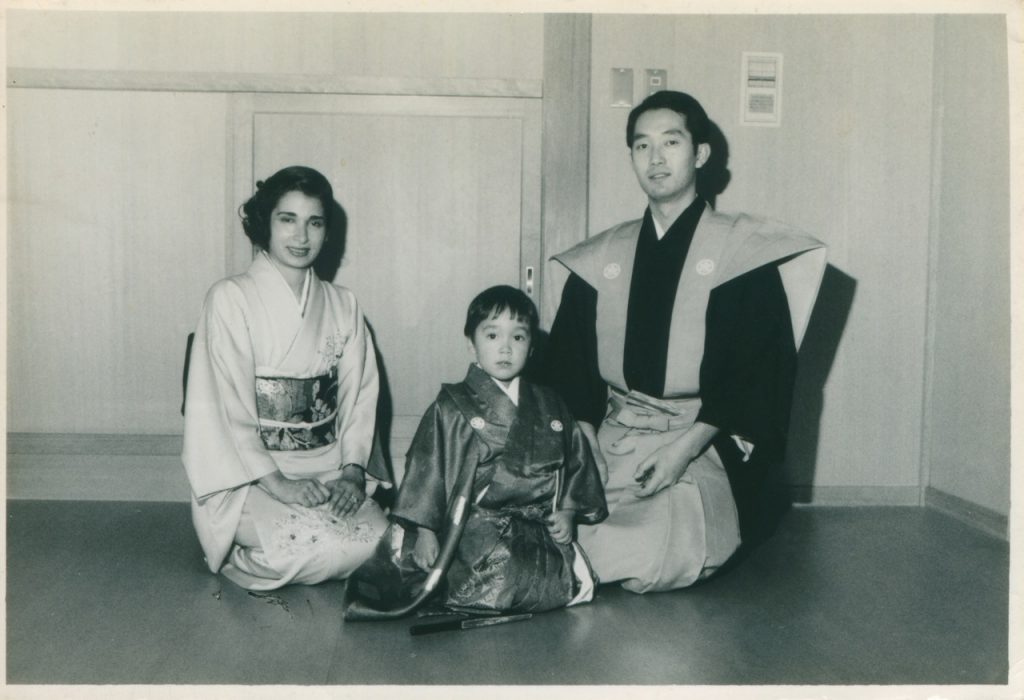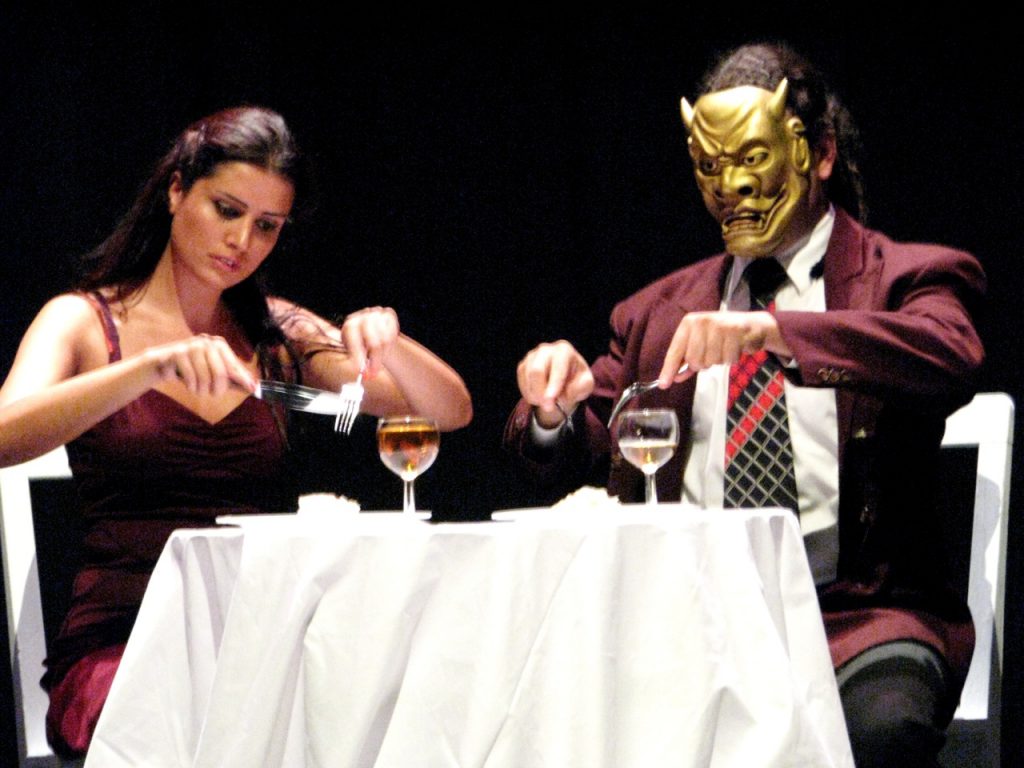





Madeleine Abdel-Jalil Umewaka, author of a recently released Japanese book “The Noh Master’s Wife−a Journey from Lebanon to Japan,” said she wrote her autobiography in hopes of showing readers that through “resilience and courage,” one can overcome one’s difficulties and find one’s way.
Umewaka said her book reveals how her life changed after she was forced to leave Lebanon for Japan in 1976, one year into the Lebanese Civil War.
“I wanted to tell readers that despite being amazed by the richness of the Japanese culture, I struggled to settle in. It is a culture that is so different from the one I was accustomed to in Lebanon,” she told Arab News Japan.
However, Umewaka said she managed to become part of a traditional Noh family by marrying Naohiko Umewaka, a Noh actor who comes from a six hundred year old Noh lineage.
Noh theatre is a form of traditional Japanese dance drama, in which a story is told through contemporary movement and song.
Plots of the stories performed at Noh plays are usually drawn from history and literature.
“I had not only adapted myself to this conservative world but also promoted Noh to the foreign community in Japan and abroad,” the author said.
Umewaka added that she had produced three contemporary Noh plays in Lebanon with her husband and children.
“I wanted to share the challenges of raising two multicultural children and how they overcame bullying,” she said.
Her daughter, Soraya Umewaka, directed an award-winning Lebanese documentary called “Tomorrow We Will See.”
The documentary focused on ten artists from different backgrounds, “using art as a tool for transcending sectarian divisions and encouraging freedom of thought, despite decades of social and political instability,” Umewaka said.
“Many Japanese people were interested in visiting Lebanon after watching the documentary,” she added.
Umewaka said that through her book, she hopes to share how she found her way in a “close-knit” society and encourage people to overcome difficulties.
She hopes that this book will be published in English and in Arabic soon.
For Japanese readers it can be ordered online at: